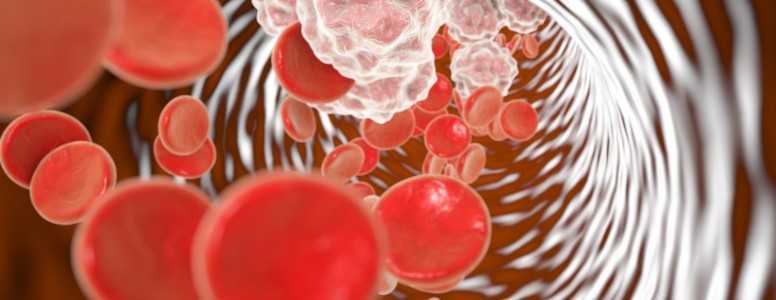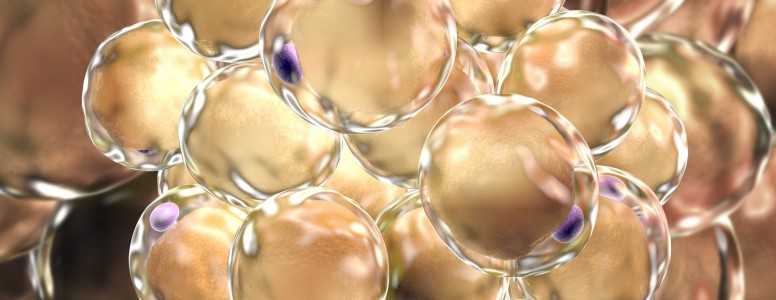A natural enzyme has been found to reduce chronic inflammation which can increase the risk of cardiovascular disease in people with type 2 diabetes.
Inflammation is a natural process in the body but it is known to increase too much in people with type 2 diabetes, which can raise the risk of health complications such as cardiovascular disease.
Following experiments on mouse models of type 2 diabetes, researchers from the Joslin Diabetes Center, US, say the protective factor called protein kinase C-delta (PKC-delta) can prevent excess inflammation developing.
PKC-delta defends against the inflammation process by suppressing the population of cells known as macrophages, which play a significant role in the build-up of inflammation.
Dr George King, Joslin’s chief scientific officer and corresponding author on the research, said: “The complete surprise to us was that although most forms of PKC make inflammation worse, PKC-delta happens to be the opposite, a natural protective mechanism.”
The trial also revealed that PKC-delta is triggered by high levels of blood lipids (fats) rather than glucose, indicating the molecule could be used to help prevent inflammation in people with obesity and metabolic syndrome.
Previous work carried out by the same research team has shown suppressing the production of PKC-delta could also help heal wounds when applying a cell-therapy approach. Additionally, preventing PKC-delta in the liver could tackle insulin resistance, which can kick-start the development of type 2 diabetes.
King added: “We need to target treatment to specific tissues. There are protective factors and risk factors for diabetes complications. We need to have equal focus on stimulating the protective factors as well as limiting the risk factors.”
This is an early study into PKC-delta in animals and currently there is no data from human trials. King and colleagues believe, though, that it may eventually be possible to reduce inflammation by activating PKC-delta in human white blood cells.
The findings have been published in the Circulation Research journal.
What's new on the forum? ⭐️
Get our free newsletters
Stay up to date with the latest news, research and breakthroughs.




